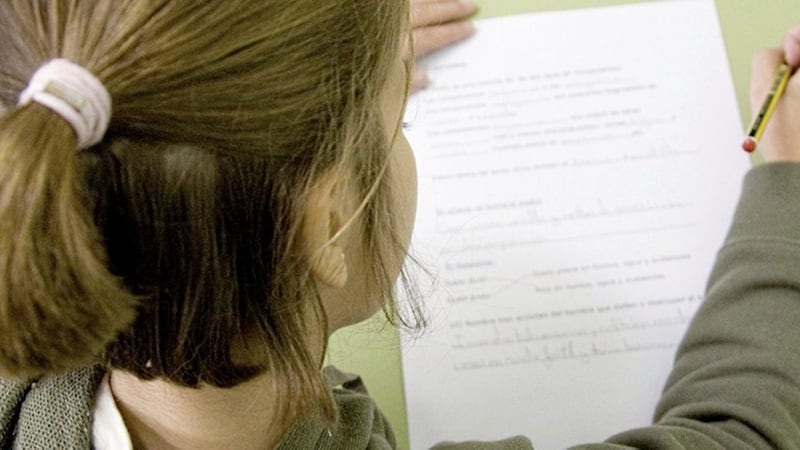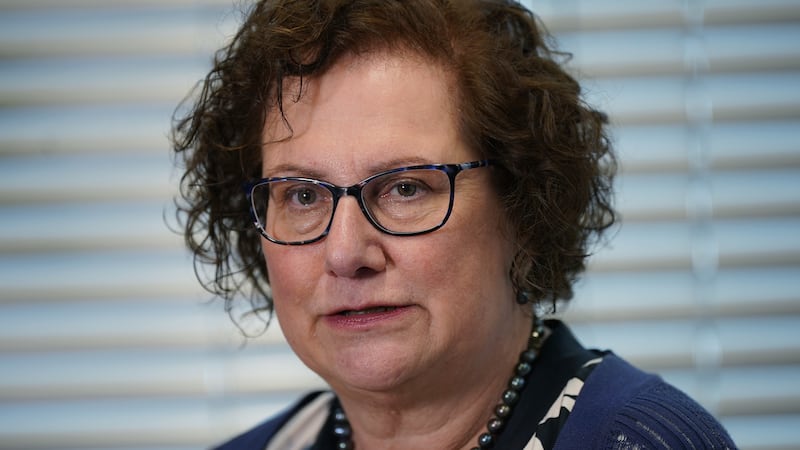RADICAL plans to create a single 11-plus exam have already run into difficulties with a key architect claiming agreement is "almost impossible".
As thousands of pupils today sit their final unregulated test, an influential group has raised issues about efforts to simplify the process.
The Association of Quality Education (AQE) said while it shared the desire for a common test, it had reservations.
For seven years, schools have run their own entrance exams. The last state-sponsored 11-plus was held in November 2008.
Schools largely remain split into two camps using either the Common Entrance Assessment, run by AQE, or multiple-choice papers set by GL Assessment. Some use both, meaning some children sit five papers over four consecutive Saturdays.
Education minister Peter Weir only announced on November 17 that a team of educational professionals would "seek to simplify the current transfer test process".
Mr Weir asked the panel to engage with the rival test providers "to see what progress can be made towards a common assessment for academic selection". The minister said the panel's work "will be dependent on the two main providers, namely AQE and Post Primary Transfer Consortium".
It is hoped a new test will be ready for pupils to sit in 2018.
However the AQE has now expressed concerns, especially over the time-frame.
"AQE enthusiastically shares in the desire for a common test to be employed by all selective schools at the age of transfer from primary to post-primary and, indeed, has already consulted with the minister and the department in discussing the process of engagement," a spokesman told the Irish News.
"It has, however, a number of reservations about the precise terms of engagement and the almost impossible time scale proposed within which to achieve an agreed outcome, both of which it has discussed at length with the department.
"The process is at an early stage and AQE is confident that any difficulties which are perceived at the moment can be overcome with good will and a determined commitment to the best interests of all primary school pupils."
Asked specifically about the AQE's involvement, the Department of Education only said "it would be premature for it to comment on progress at this very early stage".
"The panel will be engaging with a wide-range of stakeholders over the next few weeks and they should be given sufficient space to continue with their work," a spokeswoman said.








